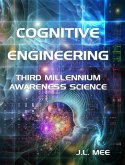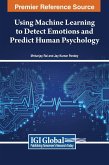The main purpose of the work is to showcase the interdisciplinary engineering approaches in modeling and understanding human behaviors during interpersonal interactions those that could be typical, distressed, or atypical. The ability to measure human behaviors quantitatively has been a core component and a major research direction in both fields of engineering and psychology - though often with distinct approaches designed for different targeted applications. Engineering methods often strive to achieve high predictive accuracies using behavioral informatics techniques; these techniques employ a combination of behavior measures derived using automated signal based descriptors, and of statistical frameworks modeled using machine learning techniques. These approaches are often distinct from the observational approaches the gold standard for the past three decades in the study of psychology, even in clinical settings. The observational approaches are largely based on human subjective judgments. Modeling Human Behaviors in Psychology Using Engineering Methods will first provide an introduction on some of the ingredients of such engineering approaches (what is needed) and the rationale and impact of such interdisciplinary effort (why is it necessary); then, it will discuss sample research works in affective computing, e.g., automated emotion recognition, and in mental health, e.g., assessing distressed behaviors in couples therapy sessions; finally, it will conclude with a roadmap for many possible future research endeavor for creating enduring and highly positive impact on humans' mental health and wellbeing
Hinweis: Dieser Artikel kann nur an eine deutsche Lieferadresse ausgeliefert werden.
Hinweis: Dieser Artikel kann nur an eine deutsche Lieferadresse ausgeliefert werden.








